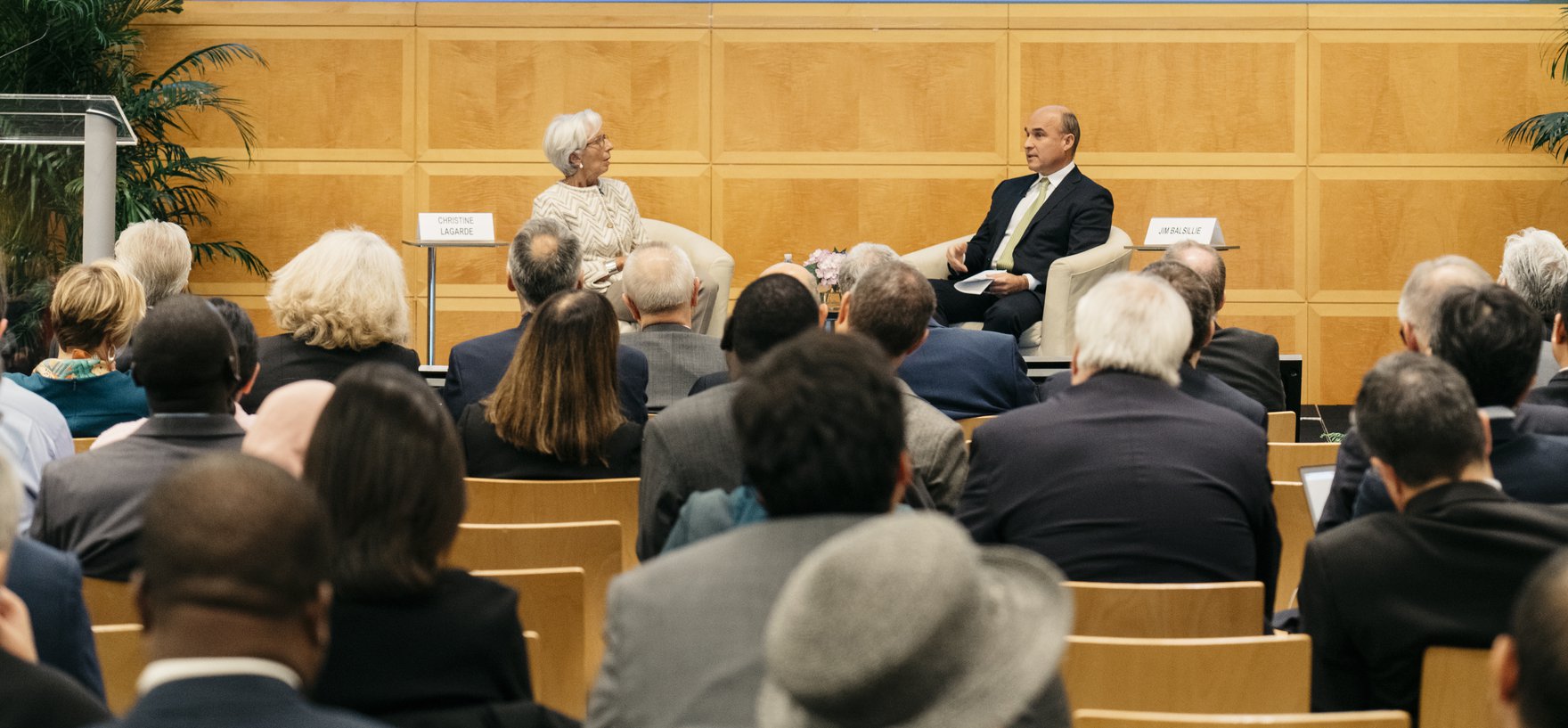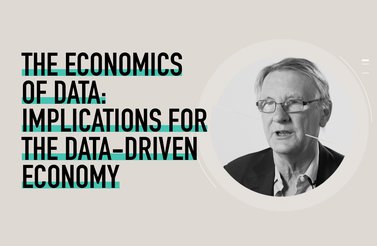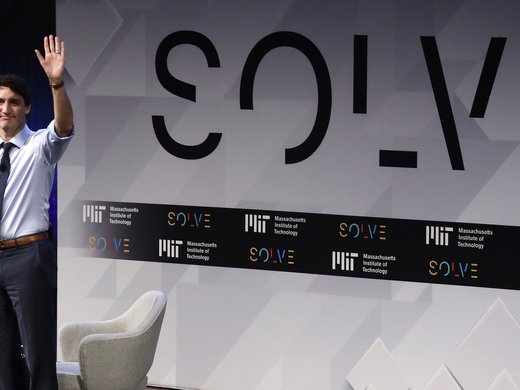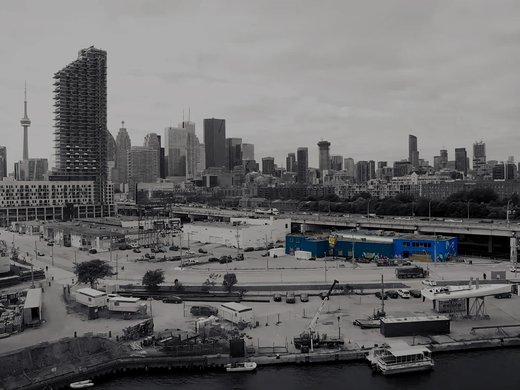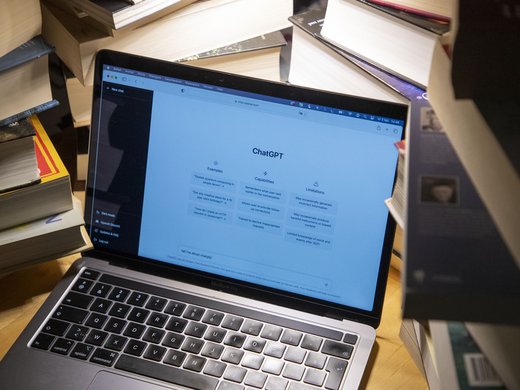The International Monetary Fund (IMF) and its director, Christine Lagarde, must “catalyze” a new Bretton Woods gathering with the goal of writing rules to address unprecedented digital challenges facing the world. At least, that’s the idea Jim Balsillie, co-founder and chair of the board at CIGI, introduced this week in Washington. Balsillie delivered a keynote address and took part in a question-and-answer period about the data economy with Lagarde at the IMF on Tuesday.
“The IMF, with its mandate to promote international financial stability and monetary cooperation as well as employment and reduction of poverty is in a unique position to catalyze a new Bretton Woods moment,” Balsillie said in his address.
In seeking a Bretton Woods-type moment, or gathering, Balsillie, of course, is referring to the landmark Bretton Woods agreement, which created the IMF and a system of commercial and financial relations among the United States, Canada, Western Europe, Australia and Japan after World War II. Economists from allied nations met in Bretton Woods, New Hampshire, in 1944, to discuss and ultimately approve the agreement, which shaped the current international monetary system. Key organizations took effect in 1945 after enough nations had ratified the deal.
Flash forward to 2018. Balsillie is suggesting that a new meeting of similar significance is necessary to head off dangerous and turbulent forces down the road, and should be helmed by the IMF and made up of the agency’s 189 member countries and their experts in the digital economy. The objective would be to address what he sees as the significant challenges posed to “the integrity of the democratic processes” by big data, machine learning and artificial intelligence.
“Any data collected can be reprocessed and analyzed in new ways in the future that are unanticipated at the time of collection and this has major implications for the global economy and for democracy,” he suggested.
As examples of digital challenges, Balsillie noted that Facebook’s algorithms played a central role in the genocide in Myanmar, and that social media was used to influence elections in Kenya and the United States, and in the Brexit vote.
Monisha Das, associate professor at the University of Maryland, Eastern Shore, pressed Balsillie about which he saw as the more pressing issue: that the next Cambridge Analytica-level breach could threaten the existing global system, or that robots might one day be running the local McDonald’s franchise. Her comments follow allegations of data misuse by Cambridge Analytica, a British political consulting group, which was employed by the Trump campaign and acquired access to millions of Facebook users’ data without their consent.
“Without a doubt a future Cambridge Analytica [is a bigger threat] because the robots are coming and the whole shift of work, as long as you manage the adjustment systems, well, I think the future of the McDonald’s is just fine,” Balsillie said. “What you are seeing is social, democratic, normative, security and health capital being appropriated into narrow and specific private and corporate capital, because they can.”
But even with major issues at play, Lagarde and others in the room suggested that it may be difficult to create a consensus on new digital rules with the same significance as Bretton Woods without a massive crisis emerging first. A key difference: the parties that signed the Bretton Woods agreement were extremely motivated, as the deal was approved by a group of allies who fought together against a common enemy in World War II. In contrast, the current geopolitical system involves great powers rising in rivalry without common interests. It’s unclear whether countries could join together with a common goal in mind, and produce a solution.
“In terms of common threat, apart from the toxic non-state actors, I can’t think of any common denominator that will be the beginning of a platform from which you build something on a broader scale,” Lagarde noted. “Unless you demonstrate the counterfactual, which is probably difficult; unless you have the collision, you don’t really believe in the outcome of that possible collision.”
Balsillie pushed back, saying that he was optimistic that the IMF and member countries could work together to address challenges, arguing that there are shared interests seeking to promote international stability and sustainable growth. The IMF can create “safer spaces for discourse,” he suggested, so that countries could reach common goals.
“Mankind has proven that it doesn’t always need a massive crisis to finally move forward,” he said.
For now, Balsillie said he expects more geopolitical and economic turbulence to come if the IMF and its members don’t come together to produce new rules of the road for a digital age.
“If we don’t [address unprecedented digital challenges] the trend will be much more turbulence before we come to the final realization that we should have done something some years before and have to pay the very big price of turbulence,” he said.
